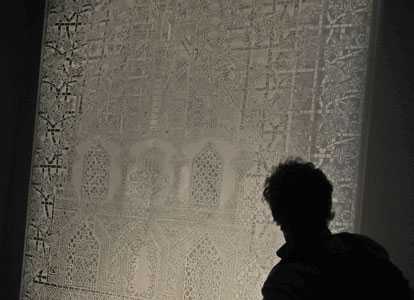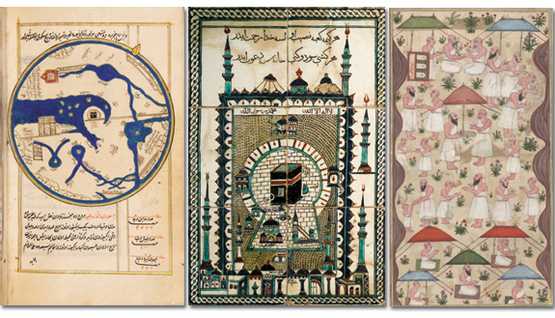ISTANBUL – Hürriyet Daily News

A new exhibition opened with support from the Istanbul 2010 European Capital of Culture provides detailed information about the life stories of Greek architects, who made great contributions to multi-cultural and modern structure of Istanbul in the beginning of 19th and 20th centuries. ‘Westernized Istanbul’s Greek Architects’ is now open at the Mimar Sinan Fine Arts Faculty and will later move to Beyoğlu Sismaoglio Megaro building
Istanbul 2010 European Capital of Culture Agency President Şekip Avdagiç said the exhibition gathered highly detailed information on architecture.
An exhibition titled “Westernized Istanbul’s Greek Architects,” by the Zoğrafyan High School Alumni Association with support from the Istanbul 2010 European Capital of Culture, opened early this week at the Mimar Sinan Fine Arts Faculty.
Featuring the life stories of Greek architects who made great contributions to the multi-cultural and modern structure of some parts of the city in the beginning of 19th and 20th centuries, the exhibition sheds light on Istanbul’s unique history. It brings together the works of those forgotten Greek architects with an attempt to develop Istanbul’s architectural, historical, artistic and cultural treasures.
Istanbul 2010 European Capital of Culture Agency President Şekib Avdagiç said that the exhibition gathered highly detailed information: “The exhibition provides very detailed information particularly about the buildings made by Greek architects in Beyoğlu and Kadıköy. It reveals how the physical structure of the city, which is nourished by the harmony of different cultures, has been created, and strengthens our title of Capital of Culture.”
Speaking on behalf of the Zoğrafyan High School Alumni Association, project coordinator Laki Vingas said that Greek architects had an important mission in Istanbul’s modernization: “The exhibition will play an important role in sharing the city’s cultural heritage with new generations. Also, the material gathered during the preparation process will be open to the use of everyone in their research.”
Fener Greek Patriarch Bartholomew, who attended the opening ceremony of the exhibition, said that architecture was the concrete expression of a society’s cultural and aesthetic values. “Architecture adds a meaning and depth to today’s cities. The architects and master builders of the Ottoman Empire have gifted very significant and unique structures to Istanbul. Greek architects made great contributions to aesthetics in the Ottoman era.”
About the exhibition
“Westernized Istanbul’s Greek Architects” displays the life stories of Greek architects who made great contributions to the modern structure of the city in the beginning of the 19th and 20th centuries alongside photos of their works.
The exhibition was organized with the idea that nobody knows the architects of the business places, buildings, schools and churches which created the architectural character of districts like Sultanhamam, Eminönü, Karaköy, Beyoğlu, Tarlabaşı, Sıraselviler, Pangaltı, Adalar, the Bosphorus and Kadıköy and still survive gorgeously in these districts.
Among the architects whose works are presented in the exhibition are Vasilaki Ioannidis, who is known as the palace architect and built the Hagia Triada Church in Taksim, his son Yanko İoannidis, the architect of Heybeliada Seminary School, Perikles Fortiadis, the architect of the Private Fener Greek High School, Konstantinos Dimadis and the architect of the Bristol Hotel, today’s Pera Museum, Manoussos.
The exhibition, curated by Hasan Kuruyazıcı, will remain open at the Mimar Sinan Fine Arts Faculty Osman Hamdi Bey Hall until Dec. 23 and will move to the Beyoğlu Sismaoglio Megaro building until Jan. 16, 2011.



